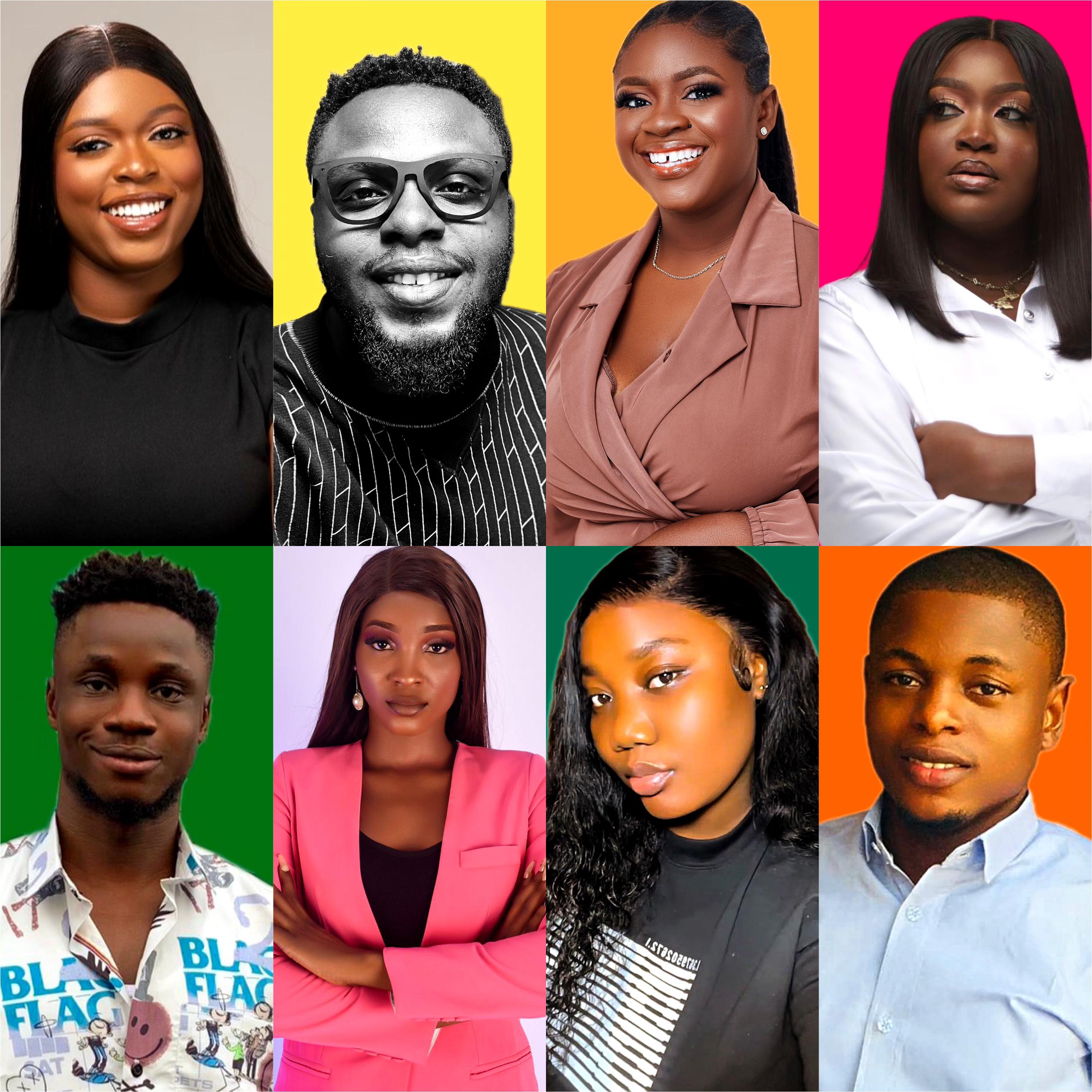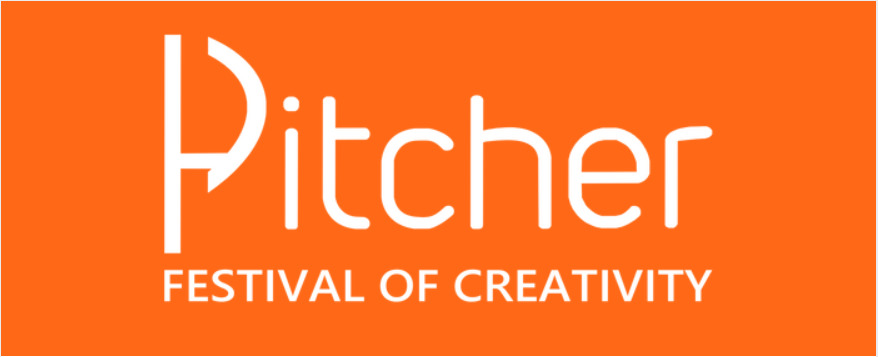By Zion Rufus…
Although the conversation around toxic workplace cultures is nothing new, it continues to evolve as Zillenials and Gen-Zs say enduring toxic work cultures was “a rite of passage” for previous generations.
“Not us…”
“I just can’t endure even the smallest bit of toxicity. I’d rather stay home, relax, or watch Netflix than go to a job where I’m dressing up in fear or dreading the day because my boss might hurl insults at me. We really need to address and put an end to this toxic culture for the sake of everyone’s well-being,” says Yetunde Omobolanle, a successful content writer and influencer popularly known as Diva Yetty.
“Honestly, it takes a lot of willpower to decide not to tolerate it, especially in Nigeria, where job opportunities are limited. I understand why some people choose to endure it. It might sound like I’m speaking from a place of privilege because I haven’t personally had to deal with severe toxicity, but there’s definitely a stereotype about Gen Z prioritizing mental health and quitting at the first sign of disrespect—and I’m not going to lie, I’m part of that group,” Yetty continued.
“During my NYSC year, I worked somewhere where my boss made inappropriate advances toward me, and as soon as that happened, I started looking for another job. More recently, I worked at a company where there wasn’t much execution happening. Despite that, the COO was constantly mean, always nagging, and accusing us of being unproductive, even though we were doing our jobs. The real issue was that management wasn’t implementing any of our ideas. That, for me, was a huge red flag,” she added.
In the final quarter of 2024, the world is witnessing a growing rejection of the traditional 9-5 lifestyle, and it’s clear that Gen Zs and Zillennials (those born on the cusp of Millennials and Gen Z) are at the forefront of this shift, refusing to settle for environments that compromise their mental well-being or personal values.
For today’s workforce, a toxic work culture is not something to endure but a deal-breaker. Hostility, unhealthy power dynamics, micromanagement, and the prioritization of profits over people’s well-being have become major red flags. They are more likely to leave an organization or disengage silently the moment toxicity rears its head.
“Zero tolerance for toxic workplace vibes!” stated Adesewa, who currently leads an SME outfit, The Perfume Lab.
“Once we sense any negativity, it’s like an instant alarm going off, making us super alert and ready to leave if needed. I recently had a conversation with a close friend, and she was frustrated with how her boss was always finding something to criticize, no matter how hard she tried to impress her! She constantly felt on edge, always prepared for the next issue. It’s heartbreaking. We’re so alert and quick to mentally check out if things aren’t right or going our way. And what this says is that people need to be self-aware. Not in a bad or rude way, but don’t swallow negativity at work only to come home and bleed on people who didn’t hurt you. We saw a lot of our parents do that back in the day—when a parent came home, everyone scattered. Not because they were bad parents, but because they would transfer the aggression from the insults hurled at them at work. We can’t afford to pass that down to the next generation,” she explained.
The larger question of why anyone would endure a toxic work environment is one Gen Zs are asking loudly as they continue to assert their distinct approach to work and life—an approach that has often been described as “rebellious.”
“It’s disheartening to hear stories from people who feel depressed and miserable because of their work environment,” says Oma Idiabeta, a sales professional.
“We’re already under immense pressure to perform and meet expectations at work, and with the state of the economy and society, it only adds more strain. The pressure to meet sales targets, handle clients, and grow in this fast-paced environment is challenging, especially when you’re learning from the older generation.”
“Imagine being in a work environment where you’re constantly receiving side comments, facing negative attitudes, or dealing with bosses who refuse to meet you halfway—it just makes it impossible to work effectively. Many of us are already battling anxiety or depression, and the last thing we need is a workplace that adds to it. We want to work in an environment where we can focus, be productive, and even have moments to relax, like during lunch breaks or through simple initiatives like game nights or the occasional day off—anything that makes us feel valued and reduces stress. When that doesn’t happen, and the pressure from society follows us into the workplace, many Gen Zers simply choose to quit. And the truth is, there are so many opportunities now that don’t require us to tolerate toxic environments,” she explained.
This rejection of toxicity goes hand-in-hand with a deeper questioning of the traditional 9-5 structure itself. Waiting an entire month for a paycheck and clocking in just to clock out doesn’t resonate with a generation that values work-life balance and financial autonomy. Freelancing, gig work, and entrepreneurship are no longer seen as risky career paths but as viable alternatives to the rigid structures that have defined corporate work for so long.
This stance is also amplified by a growing disillusionment with the typical “climb the corporate ladder” mindset embraced by previous generations. The desire for titles like “Manager” or “Executive” is no longer as appealing, especially when those positions often come with more stress and less personal time. Instead, many Gen Zs are redefining success, prioritizing flexibility, creativity, and a sense of purpose over traditional markers of achievement.
“Toxic workplace culture is like walking on eggshells everyday—stressful and draining. When leaders don’t communicate well, set unrealistic expectations, or fail to value their team, it creates an environment filled with fear and negativity,” said Jenny Ukpai, content creator and brand influencer.
“For someone like me, I WILL RUN!!! This kind of environment leads to burnout, high staff turnover, and frustration. I’m glad Gen Z is standing up for what they want and saying no to toxic workplaces. Even if it takes the older generation a while to adjust, they’ll eventually get there. A healthy environment equals happy, productive employees, and that’s where true success lies.”
Damilola Adedeji, a tech expert, was working at a lending startup where the environment was fast-paced, but the founders and managers were incredibly aggressive and dismissive.
“There was no room for mistakes,” he shared.
“Pressure was high to manipulate clients just to meet our targets and KPIs, and when things went wrong, they would humiliate people publicly. It was extremely toxic, and I quickly noticed how it was affecting my mental health. The pressure to meet targets led to hostility, and people would throw each other under the bus to get ahead. The higher-ups didn’t care because all they wanted was results. For me, that was an immediate red flag. Our generation isn’t willing to tolerate workplaces where toxicity is normalized. Thankfully, more companies are starting to realize this, and gone are the days when people stayed silent about such issues. I’ve learned that mental well-being is more important than staying in a toxic environment,” he added.
Samuel Ademuyiwa, currently practicing in agri-tech, shared a similar experience. “I was at a job where the toxicity wasn’t obvious at first—it was subtle, like microaggressions, passive-aggressive comments, and cliques within the team. This was during my NYSC. It wasn’t until I saw how others were being treated that I became hyper-aware of it.”
“Our generation values transparency and mutual respect, so when we don’t see that, it’s an automatic red flag. Once I noticed the manipulation and lack of respect for boundaries, I mentally checked out. I realized it wasn’t the kind of environment where I could thrive, and my mental health was at risk,” he said.
Gen Zs and Zillennials have pushed mental health to the forefront, and their refusal to tolerate environments that don’t support it has forced employers to rethink how they manage teams and cultivate company culture. Their widespread amplification of mental health awareness, particularly in the workplace, has been a direct result of these generational shifts. What was once a taboo subject, buried under layers of professionalism, is now openly discussed in boardrooms, offices, and across social media.
Motive the Misfit, a content creator and influencer, shared his own experience. “I once worked as a sales rep in a team of six qualified people. We were supposed to work together, but it felt more like an internal battleground. Two of my teammates, who I thought I could trust, were never satisfied with my growth. They would steal potential customers I’d been nurturing, disregard my sales strategies, or talk down on me because they felt more qualified. It created a toxic environment where it was hard to trust or collaborate. I had to quit after consistently bringing it up in our Monday meetings, only to see no changes. It’s funny now, but back then, it wasn’t.”
Deborah Olaiya, a content strategist, also had a similar experience. “I wish I could tell all the details, but many people would recognize the company because quite a few of us left when things heated up. Bosses acted like the alpha and omega of their subordinates. People don’t work with their hearts anymore—they work out of fear. Even in remote jobs, toxicity can exist. I worked remotely for a company where the leadership team was uncommunicative, and feedback was never constructive. Despite not being in a physical office, the culture was draining. I distanced myself emotionally before eventually quitting. We value a supportive, communicative environment, even virtually, and when that’s lacking, we lose interest quickly.”






Comment
No comments found.